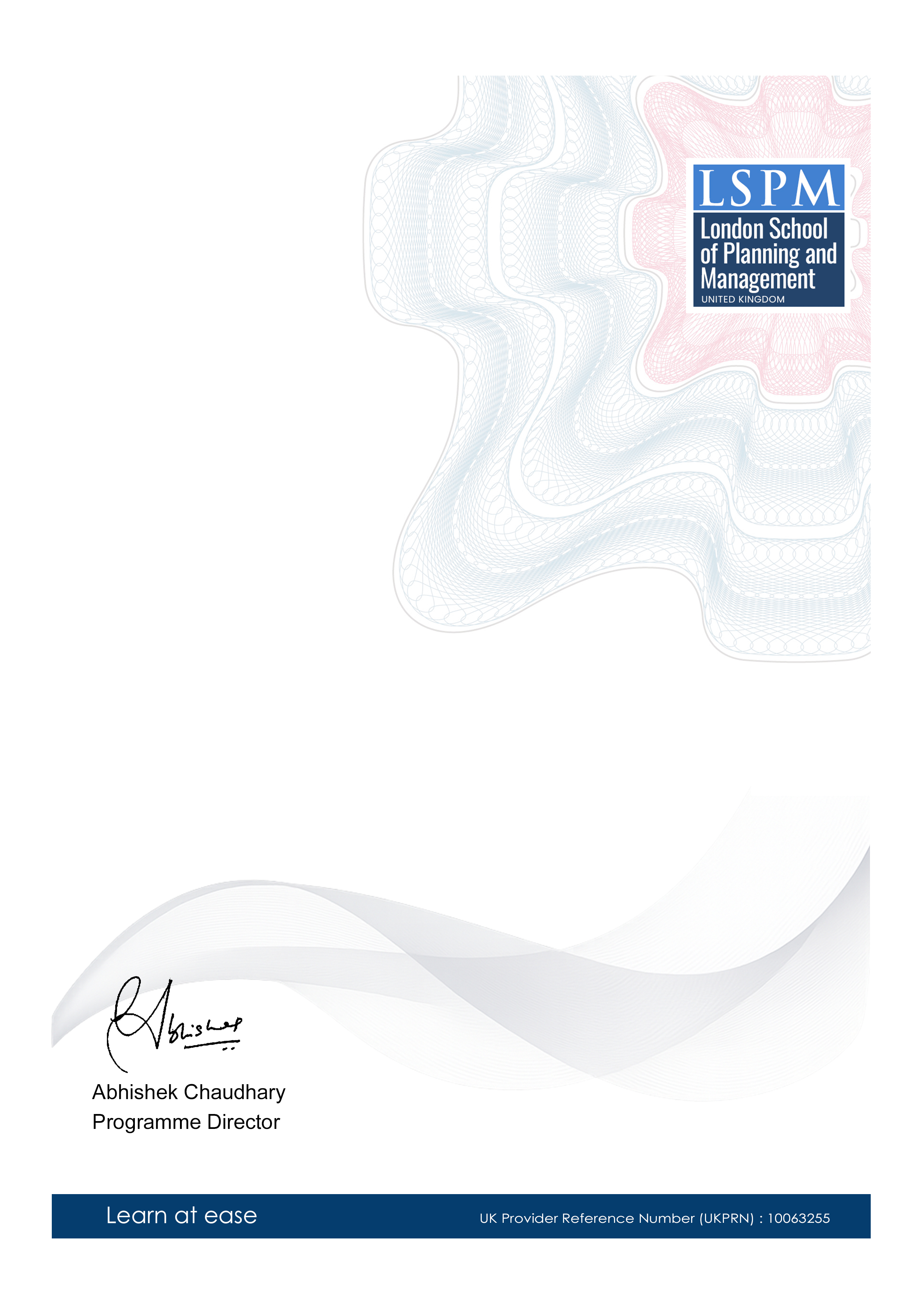Career Advancement Programme in Behavioral Economics for Food Sensory Evaluation
-- viewing nowThe Career Advancement Programme in Behavioral Economics for Food Sensory Evaluation certificate course is a comprehensive program designed to equip learners with essential skills in applying behavioral economics to food sensory evaluation. This course highlights the importance of understanding consumer behavior and decision-making in the food industry, which is crucial for developing successful food products and marketing strategies.
5,745+
Students enrolled
GBP £ 149
GBP £ 215
Save 44% with our special offer
About this course
100% online
Learn from anywhere
Shareable certificate
Add to your LinkedIn profile
2 months to complete
at 2-3 hours a week
Start anytime
No waiting period
Course details
• Introduction to Behavioral Economics: Understanding the key principles and concepts of behavioral economics, including biases, heuristics, and decision-making.
• Food Perception and Preferences: Exploring the factors that influence food perception and preferences, such as sensory attributes, cultural background, and personal experiences.
• Behavioral Economics in Food Marketing: Analyzing how behavioral economics can be applied to food marketing strategies, including pricing, promotion, and product placement.
• Sensory Evaluation Methods: Learning the different sensory evaluation methods, such as discrimination testing, descriptive analysis, and affective testing.
• Behavioral Factors in Sensory Evaluation: Examining the role of behavioral factors in sensory evaluation, including attention, memory, and expectation.
• Consumer Decision-Making in Food Choices: Investigating the consumer decision-making process in food choices, including the influence of social norms, emotions, and cognitive biases.
• Designing Effective Food Experiments: Applying behavioral economics principles to design effective food experiments, including experimental design, data analysis, and interpretation.
• Ethical Considerations in Food Sensory Evaluation: Understanding the ethical considerations in food sensory evaluation, including informed consent, confidentiality, and data protection.
• Case Studies in Behavioral Economics and Food Sensory Evaluation: Examining real-world case studies that apply behavioral economics to food sensory evaluation and marketing.
Career path
Entry requirements
- Basic understanding of the subject matter
- Proficiency in English language
- Computer and internet access
- Basic computer skills
- Dedication to complete the course
No prior formal qualifications required. Course designed for accessibility.
Course status
This course provides practical knowledge and skills for professional development. It is:
- Not accredited by a recognized body
- Not regulated by an authorized institution
- Complementary to formal qualifications
You'll receive a certificate of completion upon successfully finishing the course.
Why people choose us for their career
Loading reviews...
Frequently Asked Questions
Course fee
- 3-4 hours per week
- Early certificate delivery
- Open enrollment - start anytime
- 2-3 hours per week
- Regular certificate delivery
- Open enrollment - start anytime
- Full course access
- Digital certificate
- Course materials
Get course information
Earn a career certificate

